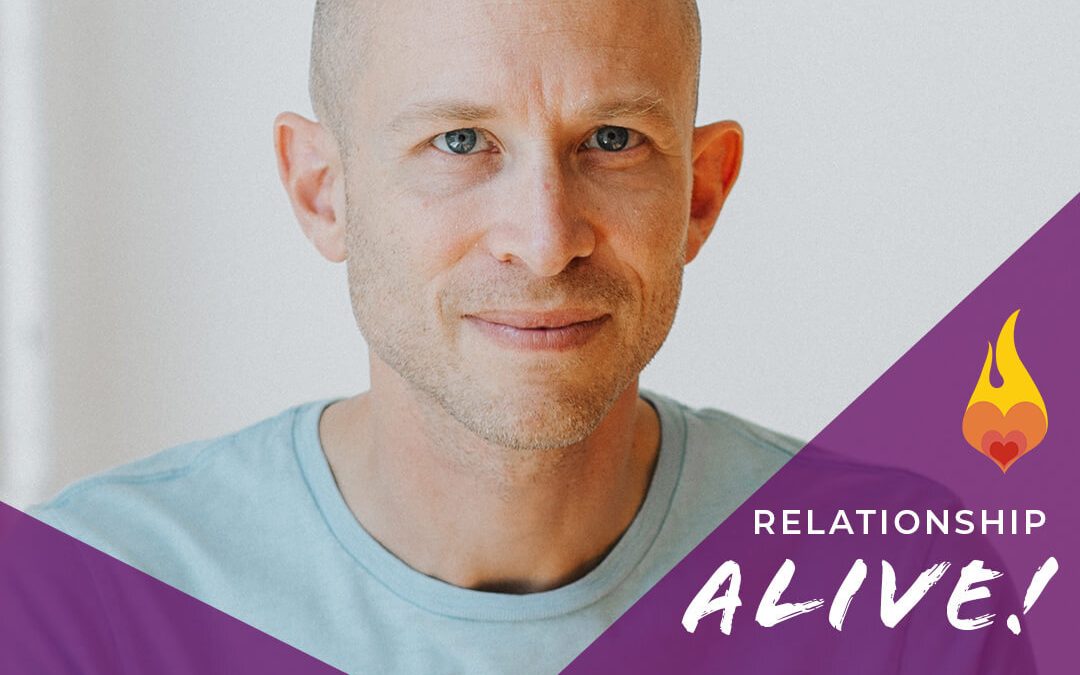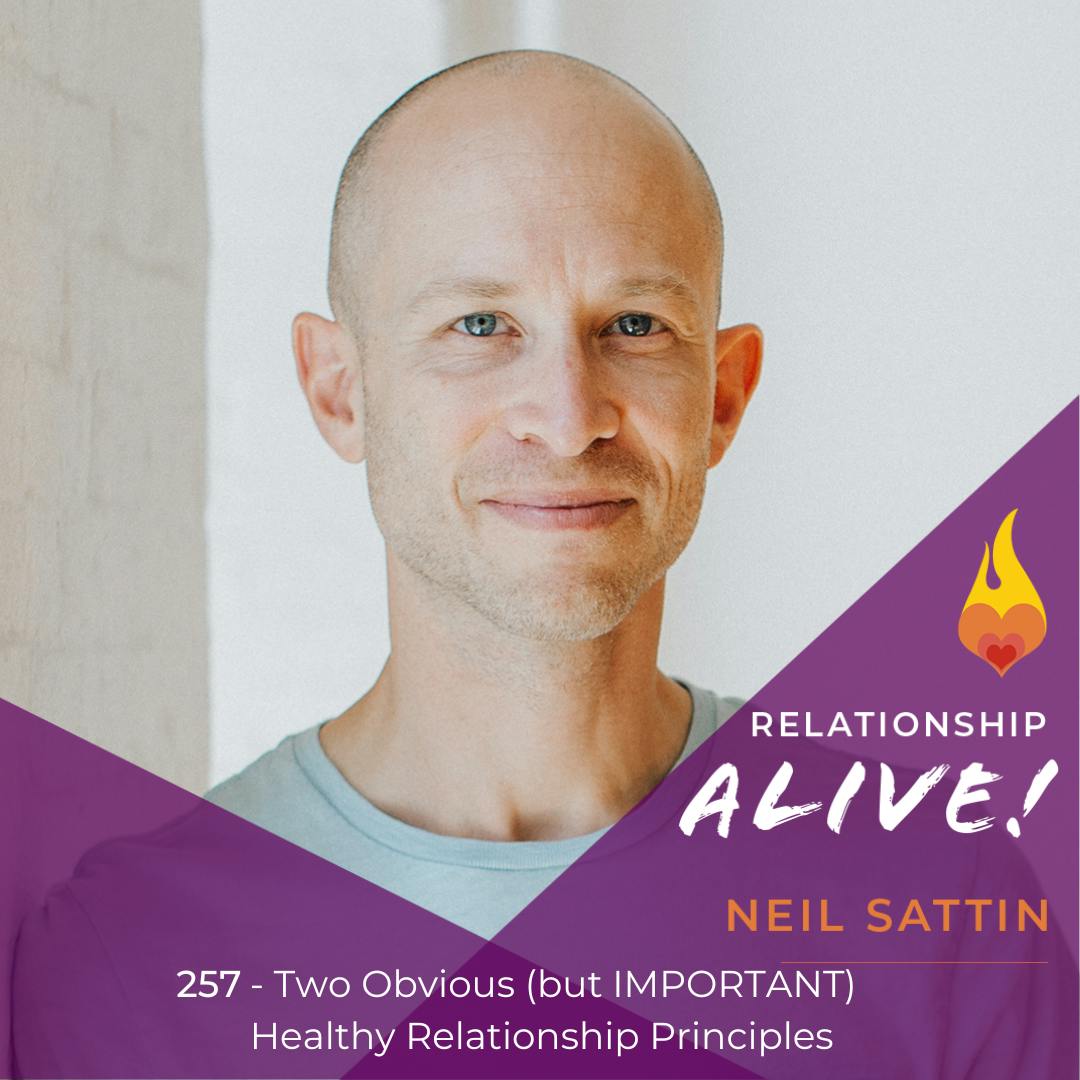If you have an insecure attachment style (or your partner does - or both of you do) - can you have a healthy relationship? And how do you know if an issue that comes up is something that you'll actually be able to fix? Avoidant, anxious, island, wave - or secure - sure, it's helpful to be able to identify your attachment style - but what can you actually do about the unhealthy patterns that arise? Today we're going to talk about what it really looks like to move from insecure to secure attachment - and how to get out of an unhealthy dynamic into something more positive.
As always, I’m looking forward to your thoughts on this episode and what revelations and questions it creates for you. Please join us in the Relationship Alive Community on Facebook to chat about it!
Resources:
Check out my Secrets of Relationship Communication COURSE for a masterclass in how to improve the communication and connection in your relationship.
I want to know you better! Take the quick, anonymous, Relationship Alive survey
FREE Guide to Neil’s Top 3 Relationship Communication Secrets
Guide to Understanding Your Needs (and Your Partner’s Needs) in Relationship (ALSO FREE)
Support the podcast (or text “SUPPORT” to 33444)
Amazing intro and outro music provided courtesy of The Railsplitters
Transcript:
Neil Sattin: Hello and welcome to another episode of Relationship Alive. This is your host, Neil Sattin. Perhaps you've heard about attachment styles and how your attachment style can have a huge impact on your relationship, but I definitely don't want you to feel like you're a victim to your attachment style, or if you're in a relationship, to the attachment style of your partner. In the off chance that you or someone you love has one of the main insecure attachment styles, which can cause a lot of problems in a relationship, today, I would like to talk about what a healthy relationship can look like no matter what kind of attachment style you have. And along with that, I want you to be able to tell if your relationship realistically has the potential to improve or not. And we'll also get into why your attachment style can have such a big impact and what to do about it. So that's all in today's show.
Neil Sattin: So I've had a few episodes about attachment styles and how they can impact your relationship, you can look through my episodes with Stan Tatkin or with Sue Johnson. So I'm going to be somewhat brief here in my overview, and just say that if you have an anxious attachment style, then as things get out of balance in your relationship, you are more likely to lean in, you're more likely to want to seek out connection with your partner of any kind in order to bring yourself some stability, particularly in stressful or triggering times. If you have an avoidant attachment style, then somewhat problematically, you have the exact opposite response to things getting stressful or feeling triggering, which is that you want to get out of there, you want space to yourself, you want time to think. And in fact, if you are paired with someone, as so often happens, who has an anxious attachment style, then you will perhaps feel overwhelmed by the amount that they're coming at you with all of their questions and emotions and requirements, and you'll just be like, "Get me out of here."
Neil Sattin: On the flip side, if you are anxious and you're trying to seek connection from a partner who wants some distance and space, then you'll perceive that as really threatening. So the more that you lean in, the more that they'll lean away, and then that in and of itself, will create problems, and you'll wonder, "Why won't they work with me? Why won't they listen to me? Why don't they want to understand what's going on with me?" And you can see how if two opposite attachment styles pair up with each other, how it's a recipe for a lot of dysfunction to take place. And you've probably heard of the pursuer-distancer dynamic in a relationship, which is another manifestation of that sort of thing at play. And here's what's interesting, you can actually switch, so you could be anxious in one relationship and in your next relationship, you could be avoidant.
Neil Sattin: And here's another interesting thing, if you have a secure attachment style at your base...
Interested in reading the transcript for the rest of this episode?


